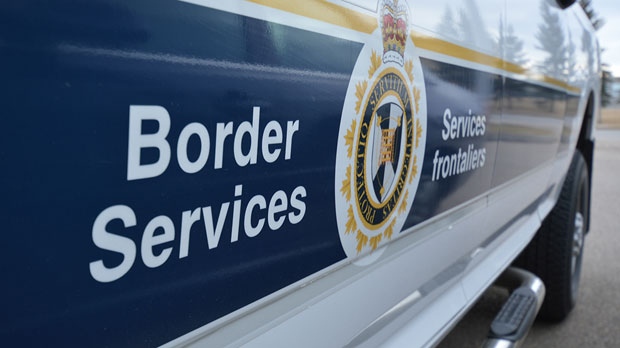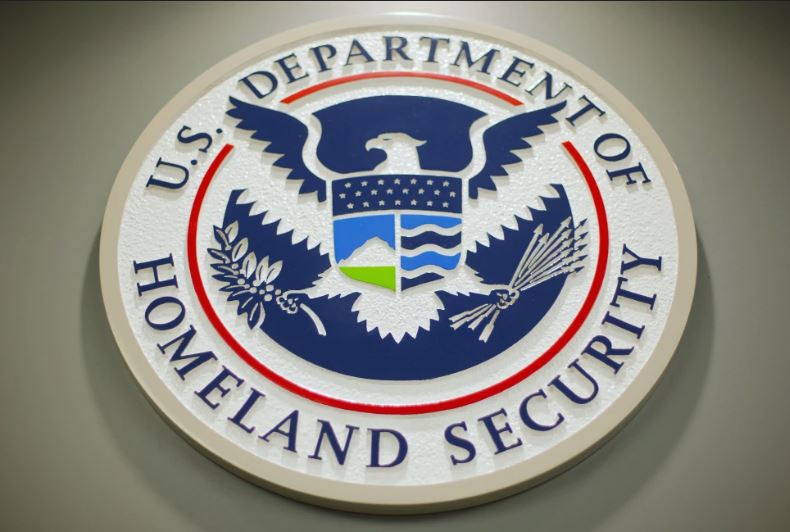Renold Francisque wept as he stepped out of the Canada Border Services building in Edmonton.
A crimson growth on the side of his neck bulged over his shirt collar as he stared down at a letter that read to him like a death sentence.
For the past nine months, Francisque has been treated for tuberculosis. But his treatment may end abruptly on Jan. 2, 2018, if he is deported back to Haiti.
“I just go to die,” he said. “I cannot stay. I have to go but my life is done. Finished.”
Canadian authorities believe Francisque, 54, was a member of a brutal Haitian militia. He has been rejected three times in his bid to stay in Canada. Francisque insists he has never been involved in criminal activity.
Last week’s removal order leaves him with little time left to exercise his remaining legal options. But Francisque and his supporters hope his medical condition might change that.
Francisque’s symptoms, including lymphadenopathy in his neck, have recently worsened, raising the possibility he has an “acquired drug-resistant disease,” his infectious disease specialist wrote last week.
“We would consider it medically inadvisable for him to travel now,” said his doctor. “He will require several investigations to better determine the extent of this ongoing TB and to plan subsequent treatment.”
According to his sworn affidavit, Francisque said he first fled Haiti in 1996 after his refusal to join a violent political group put his life in danger.
He resettled in Florida but his refugee application was rejected.
In 2008, he crossed the border on foot into Saint-Bernard-de-Lacolle, Que., a route thousands of Haitians would follow a decade later. After his refugee claim was rejected, he applied for permanent residency on humanitarian and compassionate grounds.
Over the next decade, Francisque carved out a new life Edmonton. He worked in construction, bonded with friends at church and volunteered his time driving newcomers around the city.
His determination to stay grew stronger after his mother was killed in Haiti’s 2010 earthquake that destroyed their family home. His eight children fled to various countries and his brother was murdered 2013, he said.
“I go down there and what happens?” asked Francisque. “They’re still looking for me.”
This year his health began to deteriorate. As pain spread to his neck, back and limbs. he struggled to lift tools and walk. Mornings were occupied by daily trips to the hospital to take antibiotics.
Francisque was forced to give up his $30-an-hour carpentry contracts for a part-time cleaning job at West Edmonton Mall. He earned $13 an hour as his medical expenses mushroomed.
With no health-care insurance, Francisque estimated he has paid $5,000 for doctor’s appointments, a biopsy and antibiotics.
‘A basic human right’
But those struggles seem surmountable compared to the consequences of returning to a country with under-equipped, run-down and expensive hospitals, he said. He explained he has nowhere to live, no means to support himself and no family to care for him.
“We can’t send somebody outside the country when he’s sick,” said Said David with the Council of Canadian-Africans, who began advocating for Francisque last January. “This is a basic human right.”
In Haiti there are just two organizations that treat drug-resistant TB, according to Dr. Evan Lyon, of Partners in Health, which offers the treatment.
But Lyon said capacity for complex infections is limited while general health care is inaccessible, often unavailable and of poor quality.




